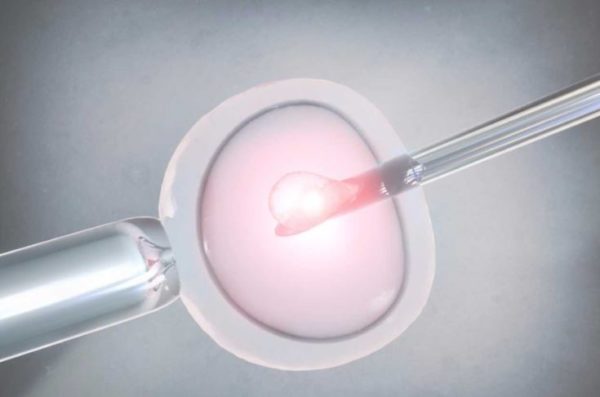

Where does a startup get $200 million and how have they acquired market-share so quickly? Meet the war chest and strategic acquisitions behind Prelude’s rapid market entry. Prelude Fertility splashed into reproductive headlines in the fall of 2016 when Forbes magazine reported on The 200 Million Dollar Startup That Wants to Stop the Biological Clock. We also learn about the private equity firms behind them. Once again we ask ourselves, what is the plan? In this article, we profile those networks who directly compete with other fertility centers.

If we covered all newer companies in non-direct competition with fertility practices, this blog post would be longer than Don Quixote. Nevertheless, neither you, nor I, nor they get to pass final judgement on the quality of their output. Their bankrolls may come from Wall Street, but the people that I know that work for these fertility networks are just as passionate about serving patients as those in private practice. But I would be just as quick to point out that these companies might better serve patients in certain areas because they are better suited to face the challenges that we talked about throughtout this series. There may be cases when business pressures affect personal care. Second important disclaimer: It can be very fashionable to say these companies are more interested in their quarterly profits than the best interest of the patient. Whether you decide to fight ‘em or join ‘em, however, we just can’t pretend these major new players don’t exist. There’s no right or wrong answer in a vacuum. You have to make the decision that’s right for you, your family, and your practice. This might be a long conversation, or several, with your business partner, spouse, clergyman, or bartender.

#Ivi rma global series#
If you’ve been struggling with this decision, I suggest reading part 2 of our series on vision and strategy, to see where you stand. They have their own vision for their culture and operations. Other practice principals feel they would lose control over the way they treat patients. The stress of operations is shared with someone else, so providers can focus on practicing medicine. For some practice owners, a relationship with one of these firms is the answer to a lot of headaches. It could be an excellent decision for your practice to sell equity to one of these firms or engage in a different level of strategic partnership with them. Some might be very happy with their corporate partners and some might not be. I have good friends that work for these companies or have affiliated their practices with them. compete with or join them. just don't pretend they don't exist My observations and opinions are exactly those, based on information that has been publicly released by these companies or covered in the press. Rather, it is a curated synopsis of public information. This profile is not a revelation of insider knowledge. We work or have worked with clinics in some of their networks. With plentiful cash available, private equity firms have moved to invest in the sector, with KKR buying GeneraLife, one of Europe’s largest fertility clinic groups, in November.ĮQT, meanwhile, sold its reproductive genetic testing services provider Igenomix to Swedish medical technology group Vitrolife in a deal worth 1.25 billion euros.Important disclaimer: Neither I, nor Fertility Bridge have a direct commercial relationship with these companies at time of writing, though we certainly may in the future.

The World Health Organization (WHO) estimates that 15% of reproductive-aged couples worldwide are affected by infertility, while Eurostat found that the average age of women giving birth to their first child in the EU was 29.4 years in 2019. The firm, which manages more than 75 clinics and 28 labs in nine countries, could be valued at between 16 and 17 times its core earnings of 120 million euros, one of the sources said. IVI’s investors control 70% of the combined entity, while RMANJ has the balance. IVI-RMA was formed in 2017 when a group of doctors and investors from Spain’s eastern region of Valencia merged IVI with U.S. Spain is one of Europe’s largest markets for in-vitro fertilization (IVF) and is expected to be the main contributor to the region’s overall IVF revenues, with a compound average growth rate (CAGR) of 7.21% due to an increase in fertility tourism and the high success rates of treatments, a study by Market Data Forecast said. Bain Capital and CVC were not immediately available to comment. Valencia-based IVI-RMA, KKR, Carlyle, Permira and PAI declined to comment.


 0 kommentar(er)
0 kommentar(er)
